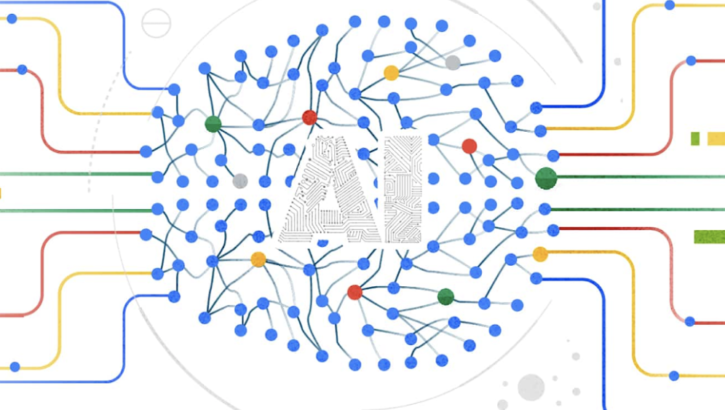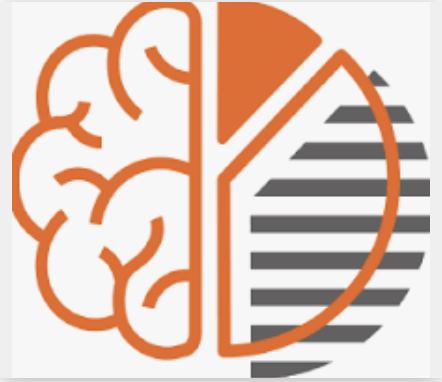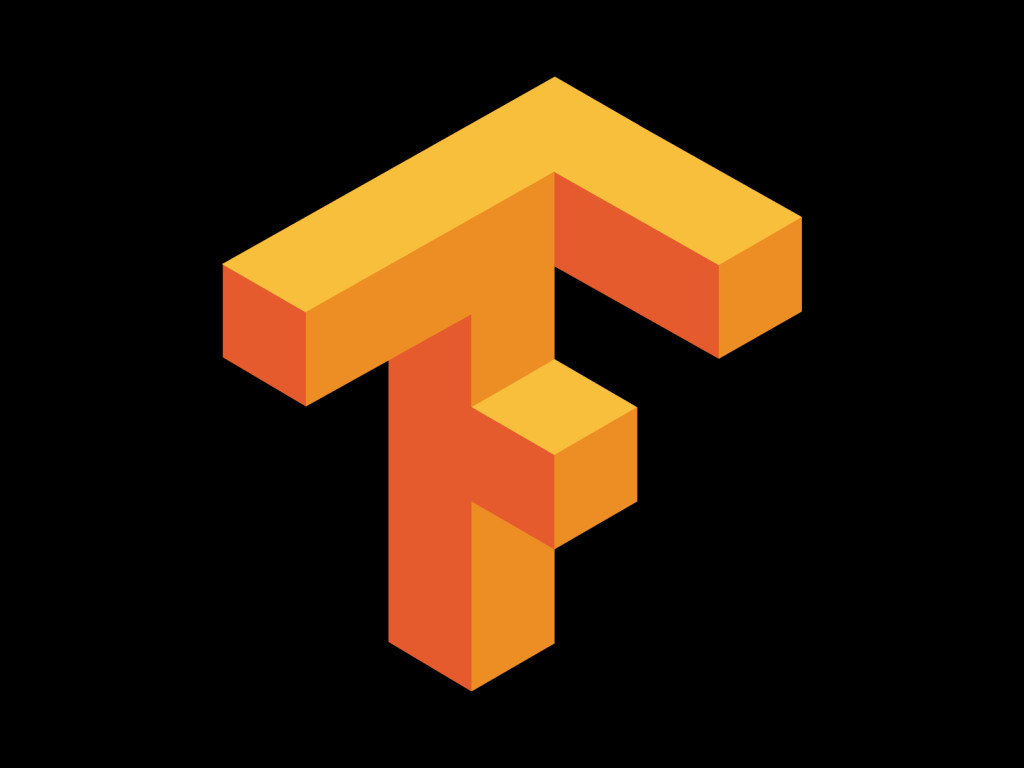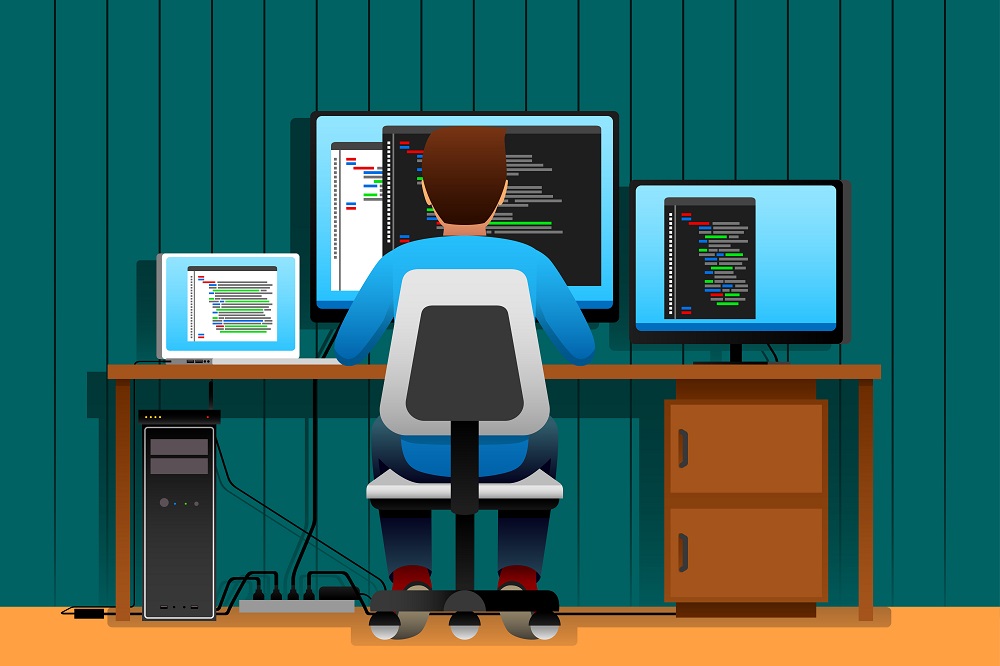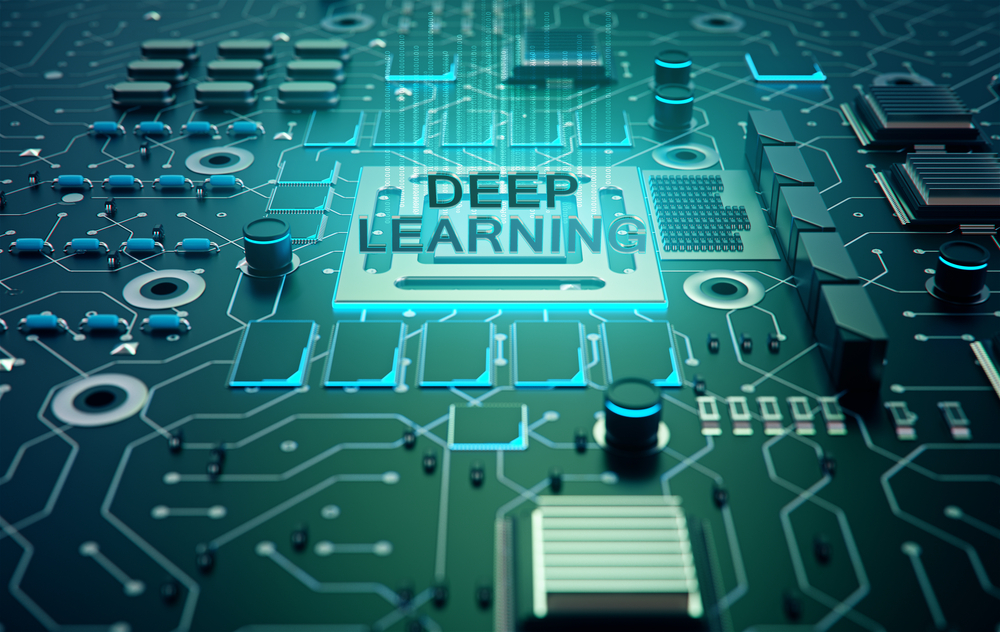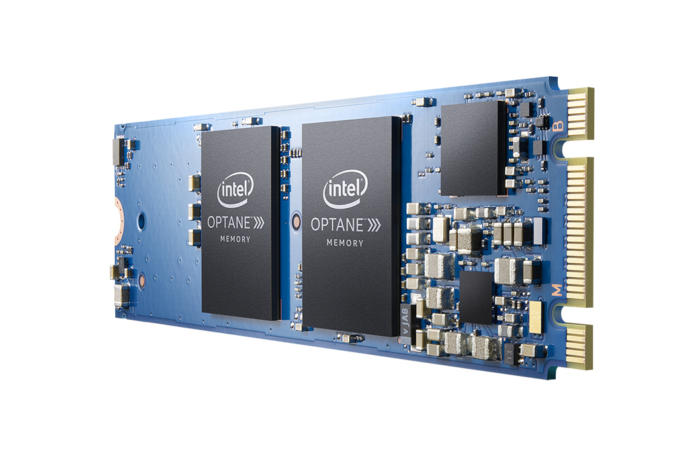
Tag: TensorFlow
Why Samsara Picked Ray to Train AI Dashcams
When the engineers at Samsara began building their first smart dashcam several years ago, they found themselves using a series of different frameworks to collect data from the IoT devices, train the machine learning mode Read more…
Anyscale Branches Beyond ML Training with Ray 2.0 and AI Runtime
Anyscale today came one step closer to fulfilling its goal of enabling any Python application to scale to an arbitrarily large degree with the launch of Ray 2.0 and the Ray AI Runtime (Ray AIR). The company also announce Read more…
Alluxio Nabs $50M, Preps for Growth in Data Orchestration
Data orchestration software provider Alluxio today announced the close of an oversubscribed $50-million Series C round, which its CEO plans to spend on a global expansion. It also launched version 2.7 of its software, wh Read more…
Machine Learning, from Single Core to Whole Cluster
The demand for production-quality software for mining insights from datasets across scales has exploded in the last several years. The growing size of datasets throughout industry, government, and other fields has increa Read more…
Drones Put the AI into Aerial Intelligence
Advances in machine learning, data management, and cloud computing are having a significant impact on the market for drone-based mapping and intelligence gathering. Even as satellite-based imaging gains steam, drones app Read more…
HPE Expands Ezmeral Portfolio, Ecosystem
Hewlett Packard Enterprise announced new cloud infrastructure and analytics products and partnerships this week built around its Ezmeral software portfolio, including a new data fabric integrated into the Ezmeral contain Read more…
Python Popularity Persists, AI Drives PyTorch
As the popularity of the Python programming language persists, a user survey of search topics identifies a growing focus on AI and machine learning tasks and, with them, greater adoption of related PyTorch and Tensorflow Read more…
IBM Extends Jupyter Notebooks for AI Development
IBM has released a new open source toolkit with AI extensions to the popular Jupyter Notebooks data science development platform. The Elyra AI Toolkit extends the industry standard JupyterLab user interface with the g Read more…
An Open Source Alternative to AWS SageMaker
There’s no shortage of resources and tools for developing machine learning algorithms. But when it comes to putting those algorithms into production for inference, outside of AWS’s popular SageMaker, there’s not a Read more…
Real Progress Being Made in Explaining AI
One of the biggest roadblocks that could prevent the widespread adoption of AI is explaining how it works. Deep neural networks, in particular, are extremely complex and resist clear description, which is a problem when Read more…
Simplifying the Big Data Lake Experiences in the Cloud
The cloud is a hot spot for big data lakes these days, thanks largely to the greater technological simplicity and lower upfront costs of getting started in the public cloud. But as organizations grow their cloud data lak Read more…
Google Adds ‘Structured Signals’ to Model Training
An effort to bring structure and meaning to huge volumes of varied data is being used to improve training of neural networks. The technique, dubbed Neural Structured Learning (NSL) attempts to leverage what developers Read more…
MIT Aims to Ease AI Programming
A new AI programming language seeks to ease the process of writing inference algorithms and other predictive models without the hassle of grinding out complicated equations and code. Among the goals of the probabilist Read more…
Facebook Releases Another Deep Learning Tool
Facebook has released to open-source developers a deep learning framework that does double duty for computer vision and language tasks. Built on its PyTorch framework, Facebook is positioning Pythia as supporting “ Read more…
Quobyte Plugs TensorFlow Into Scale-Out File System
Quobyte designed its file system with scalability in mind. It also designed it to handle multiple types of files and workload without burdening human administrators with extra complexity. Both of those characteristics ar Read more…
Product Naming with Deep Learning
We do not usually associate artificial intelligence (AI) with creativity. Generally, AI algorithms are used to automatize repetitive tasks or predict new outcomes based on previously seen examples. The creative process c Read more…
Apache Spark Is Great, But It’s Not Perfect
Apache Spark is one of the most widely used tools in the big data space, and will continue to be a critical piece of the technology puzzle for data scientists and data engineers for the foreseeable future. With that said Read more…
Startup MemVerge Combines Memory, Storage
A startup combining persistent memory and data storage has emerged from stealth mode with a platform running on chip maker Intel’s Optane architecture. MemVerge claims to have invented what it calls “memory-conver Read more…










